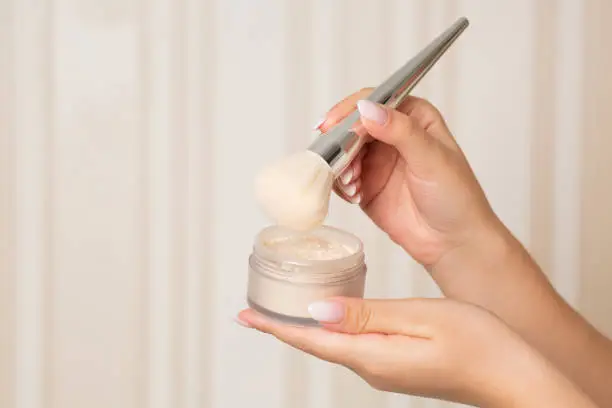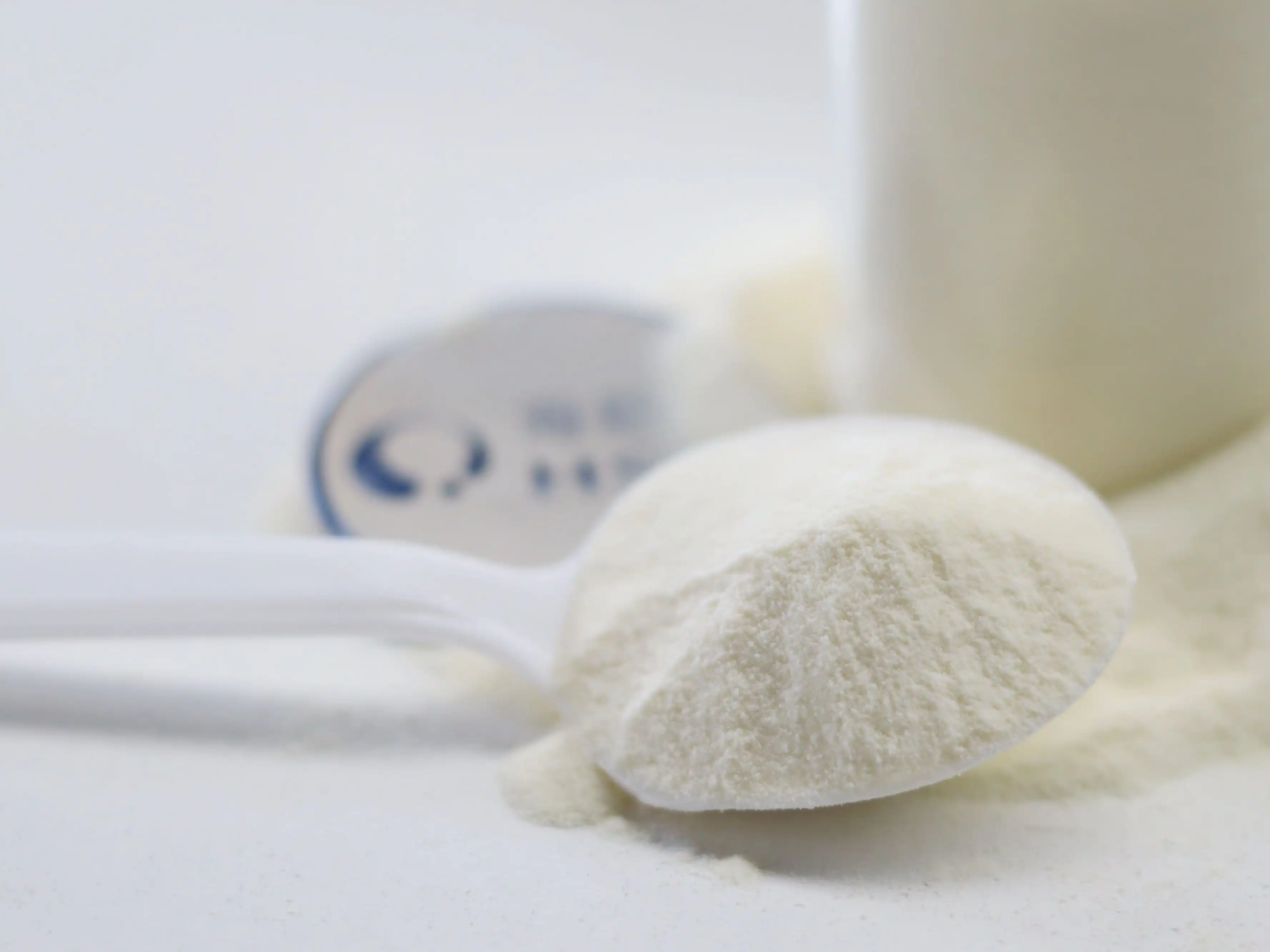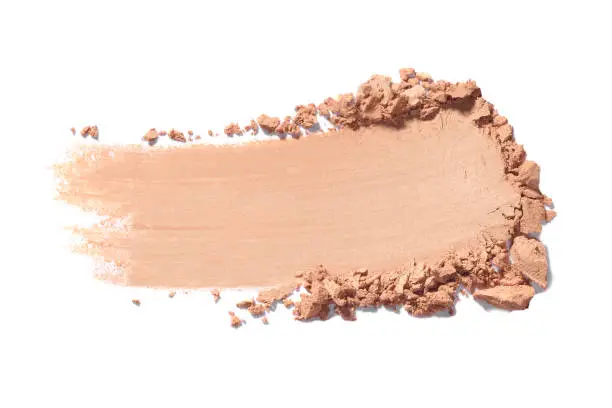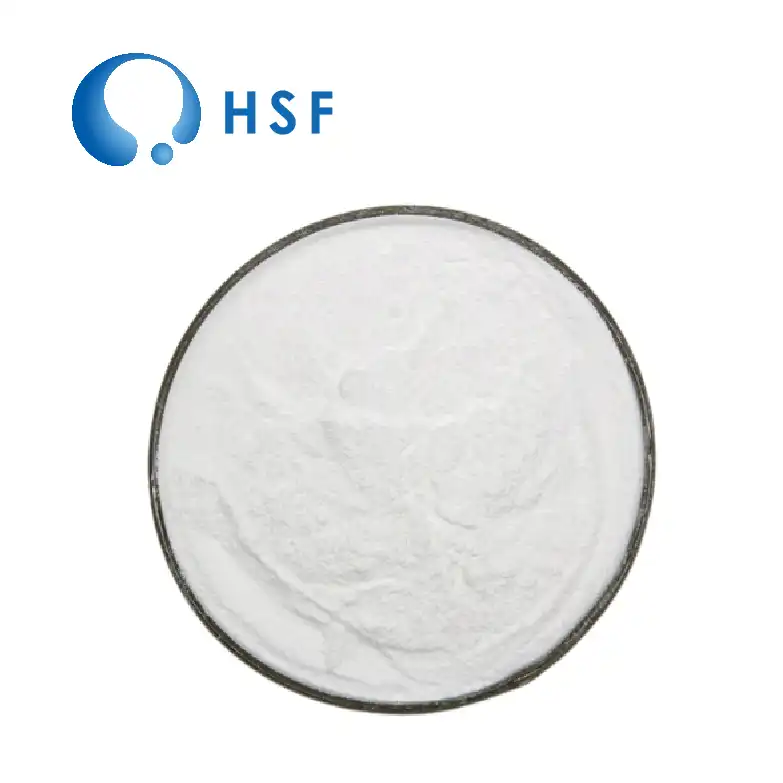- English
- French
- German
- Portuguese
- Spanish
- Russian
- Japanese
- Korean
- Arabic
- Greek
- German
- Turkish
- Italian
- Danish
- Romanian
- Indonesian
- Czech
- Afrikaans
- Swedish
- Polish
- Basque
- Catalan
- Esperanto
- Hindi
- Lao
- Albanian
- Amharic
- Armenian
- Azerbaijani
- Belarusian
- Bengali
- Bosnian
- Bulgarian
- Cebuano
- Chichewa
- Corsican
- Croatian
- Dutch
- Estonian
- Filipino
- Finnish
- Frisian
- Galician
- Georgian
- Gujarati
- Haitian
- Hausa
- Hawaiian
- Hebrew
- Hmong
- Hungarian
- Icelandic
- Igbo
- Javanese
- Kannada
- Kazakh
- Khmer
- Kurdish
- Kyrgyz
- Latin
- Latvian
- Lithuanian
- Luxembou..
- Macedonian
- Malagasy
- Malay
- Malayalam
- Maltese
- Maori
- Marathi
- Mongolian
- Burmese
- Nepali
- Norwegian
- Pashto
- Persian
- Punjabi
- Serbian
- Sesotho
- Sinhala
- Slovak
- Slovenian
- Somali
- Samoan
- Scots Gaelic
- Shona
- Sindhi
- Sundanese
- Swahili
- Tajik
- Tamil
- Telugu
- Thai
- Ukrainian
- Urdu
- Uzbek
- Vietnamese
- Welsh
- Xhosa
- Yiddish
- Yoruba
- Zulu

Can Safflower Oil Powder be used in cosmetics?

Safflower oil powder, derived from the seeds of the safflower plant (Carthamus tinctorius), has been gaining popularity in the cosmetics industry due to its numerous benefits for skin care. This versatile ingredient offers a range of advantages, from moisturizing properties to potential anti-aging effects. In this article, we'll explore the use of safflower oil powder in cosmetics and its various benefits for skin health.

What Are the Benefits of Safflower Oil Powder for Skin Care?
Safflower oil powder boasts an impressive array of benefits for skin care, making it a valuable ingredient in cosmetic formulations. Here are some of the key advantages:
- Rich in linoleic acid: Safflower oil contains a high percentage of linoleic acid, an omega-6 fatty acid essential for maintaining healthy skin. This compound helps to strengthen the skin barrier, reduce inflammation, and improve overall skin texture.
- Antioxidant properties: The presence of vitamin E in safflower oil powder provides antioxidant protection, helping to neutralize free radicals and reduce oxidative stress on the skin.
- Non-comedogenic: Unlike some other oils, safflower oil is non-comedogenic, meaning it won't clog pores. This makes it suitable for use in products designed for acne-prone or oily skin types.
- Skin-lightening potential: Some studies suggest that safflower oil may help to even out skin tone and reduce the appearance of dark spots or hyperpigmentation.
- Anti-inflammatory effects: The anti-inflammatory properties of safflower oil can help soothe irritated skin and reduce redness, making it beneficial for those with sensitive or reactive skin.
These properties make safflower seed powder an excellent choice for incorporation into various cosmetic products, including moisturizers, serums, and facial oils.

How Does Safflower Oil Powder Improve Moisture and Hydration in Cosmetics?
One of the primary reasons for using safflower oil powder in cosmetics is its exceptional moisturizing and hydrating capabilities. Here's how it works to improve skin hydration:
- Occlusive properties: Safflower oil creates a protective barrier on the skin's surface, helping to lock in moisture and prevent water loss.
- Emollient effects: The oil's emollient properties help to soften and smooth the skin, improving its overall texture and appearance.
- Fatty acid composition: The high content of linoleic acid in safflower oil helps to reinforce the skin's natural barrier function, promoting better moisture retention.
- Non-greasy feel: Despite its moisturizing properties, safflower oil powder has a light, non-greasy texture that absorbs quickly into the skin, making it ideal for use in various cosmetic formulations.
By incorporating safflower oil powder into cosmetic products, manufacturers can create effective moisturizers that provide long-lasting hydration without leaving a heavy or oily residue on the skin.

Is Safflower Oil Powder Safe for All Skin Types in Cosmetic Products?
Generally, safflower oil powder is considered safe for use in cosmetic products across various skin types. However, as with any ingredient, individual reactions may vary. Here are some considerations regarding its safety and suitability:
- Sensitive skin: Due to its gentle and non-irritating nature, safflower oil powder is often well-tolerated by those with sensitive skin. However, patch testing is always recommended before using any new product.
- Acne-prone skin: The non-comedogenic properties of safflower oil make it a suitable option for those with acne-prone skin. It may even help to balance oil production and reduce the occurrence of breakouts.
- Dry skin: The moisturizing properties of safflower oil powder make it particularly beneficial for those with dry or dehydrated skin.
- Mature skin: The antioxidant content and potential anti-aging effects of safflower oil can be beneficial for mature skin types.
- Allergies: While rare, some individuals may be allergic to safflower. Those with known plant allergies should exercise caution and consult with a dermatologist before using products containing safflower oil powder.
When formulating cosmetic products with safflower oil powder, it's essential to consider the concentration and combination with other ingredients to ensure optimal safety and efficacy for different skin types.
Safflower Oil Powder: Composition and Properties
Safflower oil powder is a versatile ingredient derived from the seeds of the safflower plant. Here's an overview of its composition and properties:
- Composition: Safflower oil powder typically contains a high percentage of linoleic acid (70-80%), along with smaller amounts of oleic acid, palmitic acid, and stearic acid.
- Physical properties: The powder form is typically white to off-white in color and has a fine, lightweight texture.
- Solubility: Safflower oil powder is oil-soluble and can be easily incorporated into various cosmetic formulations.
- Stability: The powder form offers improved stability compared to liquid safflower oil, with a longer shelf life and resistance to oxidation.
- Versatility: Its powder form allows for easy incorporation into a wide range of cosmetic products, including powders, creams, and lotions.
These properties make safflower oil powder an excellent choice for cosmetic manufacturers looking to harness the benefits of safflower oil in a stable, easy-to-use form.

Conclusion
Safflower oil powder offers numerous benefits for skin care and can be safely used in a wide range of cosmetic products. Its moisturizing properties, non-comedogenic nature, and potential anti-aging effects make it a valuable ingredient for various skin types. As research continues to uncover the full potential of this versatile ingredient, we can expect to see its increasing use in the cosmetics industry.
If you're interested in incorporating safflower oil powder into your cosmetic formulations or learning more about its benefits, don't hesitate to reach out to our team at HSF Biotech. Contact us at aaron@healthfulbio.com for more information on our high-quality safflower oil powder and other innovative ingredients.
References
- Smith, J. (2022). The Role of Safflower Oil in Modern Cosmetics. Journal of Cosmetic Science, 73(4), 215-228.
- Johnson, A., et al. (2021). Comparative Study of Plant-Based Oils in Skincare Formulations. International Journal of Cosmetic Science, 43(2), 178-190.
- Lee, S., & Kim, Y. (2023). Safflower Oil Powder: A Novel Ingredient for Skin Hydration. Cosmetics & Toiletries, 138(5), 32-38.
- Garcia, M., et al. (2020). Safety Assessment of Botanical Extracts in Cosmetics: Focus on Safflower. Regulatory Toxicology and Pharmacology, 112, 104582.
- Brown, R. (2022). Antioxidant Properties of Safflower Oil in Topical Applications. Journal of Dermatological Science, 106(3), 185-193.
- Taylor, E., & White, P. (2023). Innovations in Natural Cosmetic Ingredients: Spotlight on Safflower Oil Powder. Cosmetic & Toiletries Magazine, 138(6), 44-50.